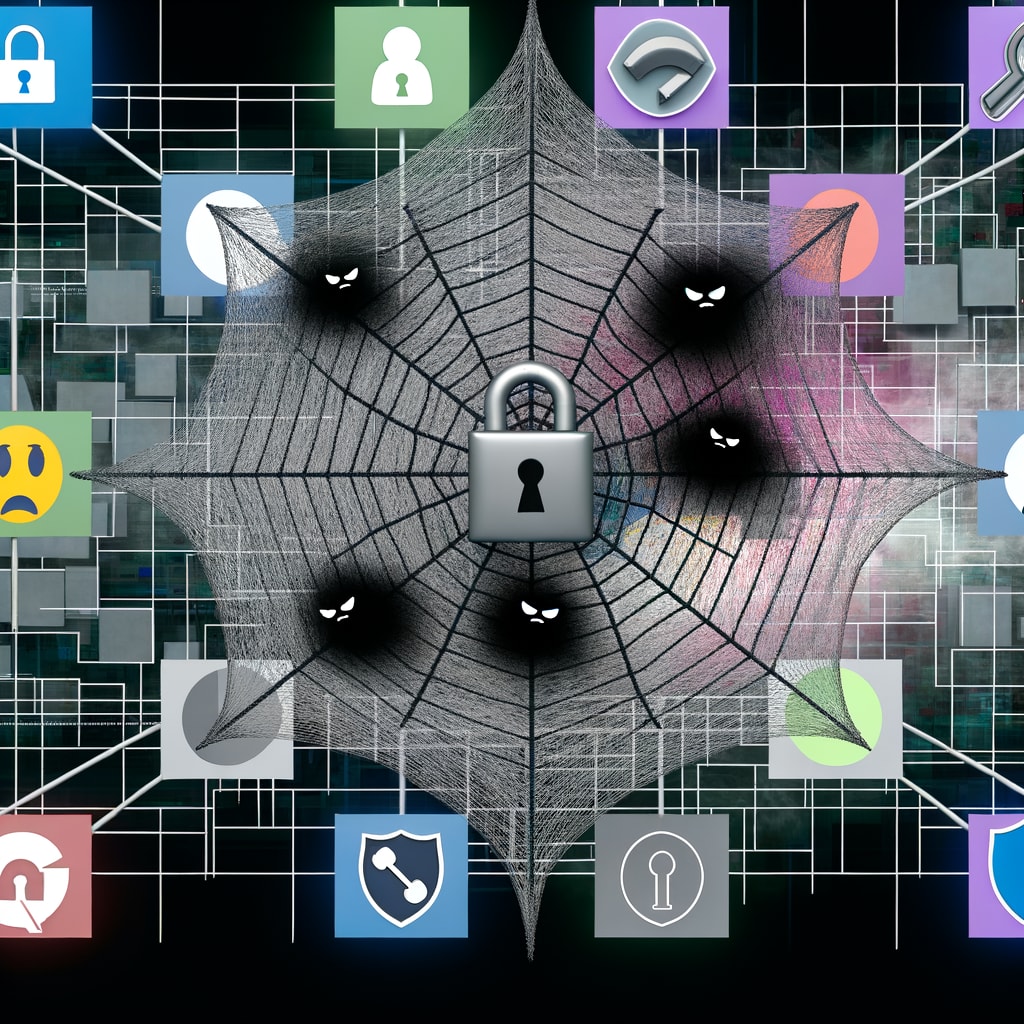The Dark Side of Social Media: Scams, Censorship, and Mental Health Concerns
As our lives become increasingly digitized, social media platforms are under scrutiny for their role in scams, censorship, and negative impacts on mental health. Amidst this, there's a growing awareness about the importance of fact-checking and digital security.
The Rising Threat of Online Scams
According to a white paper by the National Police Agency (NPA), Japan saw over 10,000 cases of social media-linked investment and romance fraud in 2024, leading to victims losing approximately ¥127.2 billion. Echoing this concern, financial analysts from Clarin have warned about a growing trend of scams on social media, where unsuspecting users are deceived by posts using the image of well-known figures promising exceptional investment returns. In response to these threats, PayPal and Venmo have recently introduced AI-powered scam alerts to help users avoid falling victim to fraudulent transactions.
Censorship and Controversial Apps
While scams are a rising concern, social media platforms are also grappling with issues of censorship and controversial content. The Supreme Federal Court Minister Alexandre de Moraes recently issued a gag order prohibiting former president Jair Bolsonaro from using social media, stirring debates about censorship. Simultaneously, the launch of Tea Dating, an app allowing women to rate men, generated waves of criticism due to concerns about potential harassment and lack of controls.
Mental Health Implications
The increased reliance on digital platforms has sparked discussions about the impact on mental health. Fox News highlights the dangers of 'doomscrolling', a term referring to the compulsive browsing of negative news and social media posts. Furthermore, Balkan Insight reports on the proliferation of online abuses, deepfakes, and anti-LGBTQ+ campaigns, which are causing harm to vulnerable people and minorities.
Fact-checking as a Tool for Digital Security
In this digital landscape, fact-checking has emerged as a crucial tool for security. Data from the Digital News Report 2025, produced by Reuters Institute, reveals that 36% of Brazilians verify information on professional fact-checking services when they suspect online misinformation, a figure higher than the global average of 25%.
Conclusion
As social media evolves, the challenges and risks linked to these platforms are becoming more apparent. From scams and controversial content to mental health concerns, users and regulators are grappling with the dark side of our digital lives. Amidst these challenges, tools like AI-powered scam alerts and fact-checking services offer some hope for a safer online environment. However, the onus is on social media platforms, users, and regulators to ensure these tools are effectively implemented and utilized.

